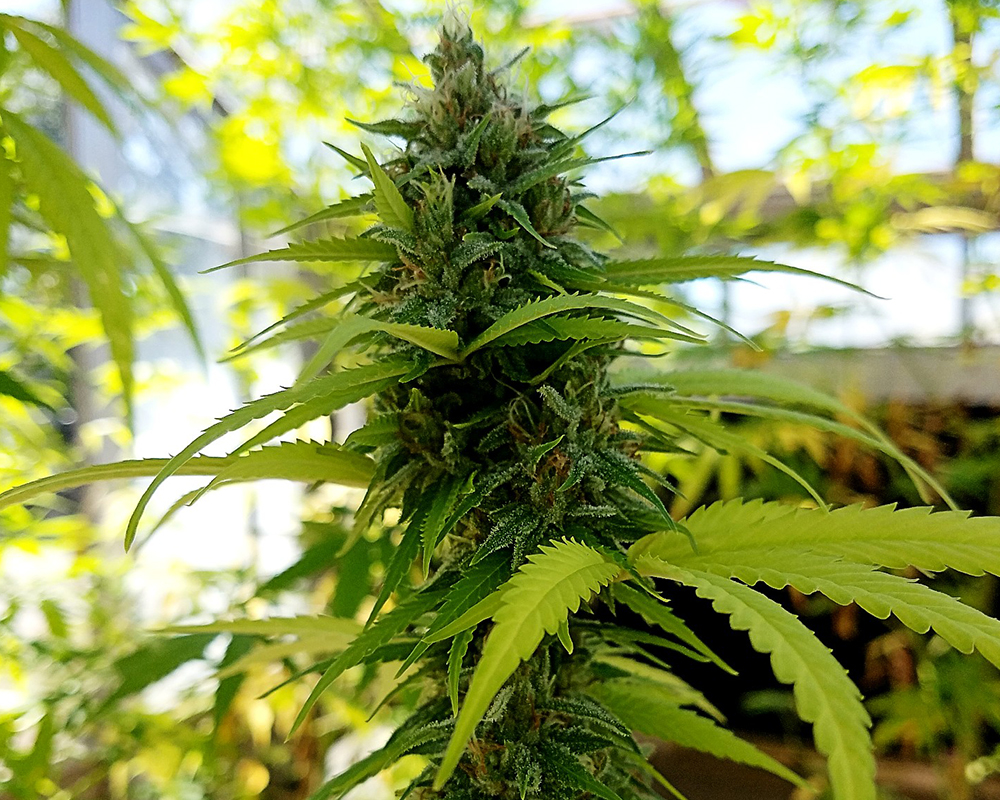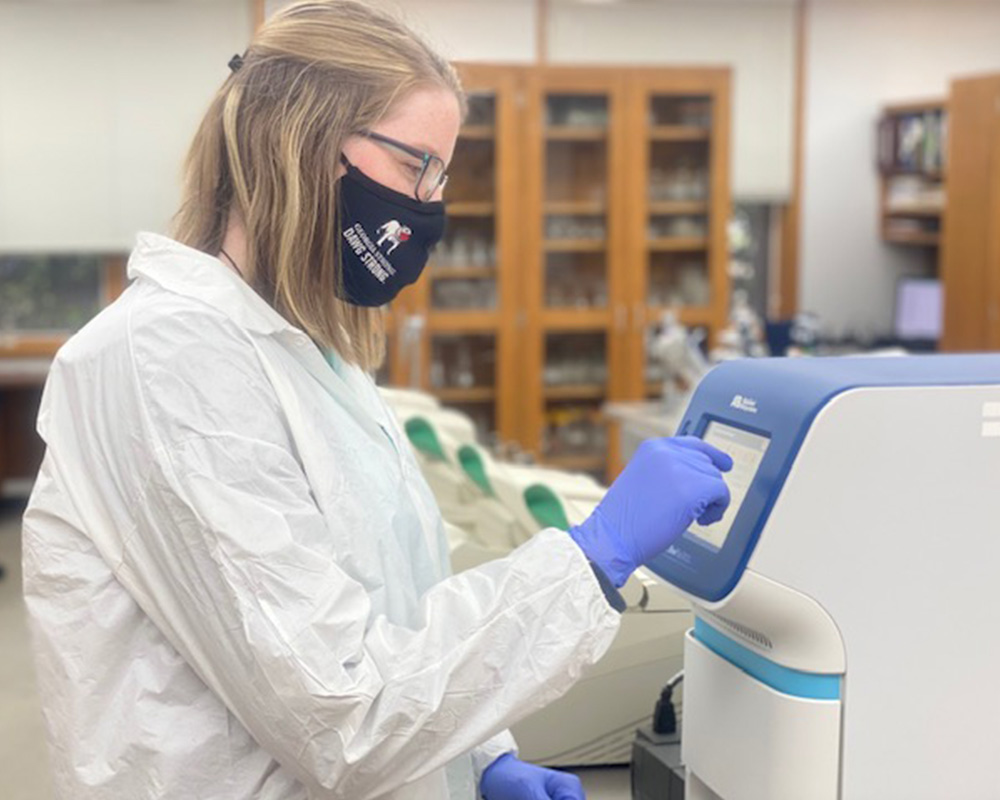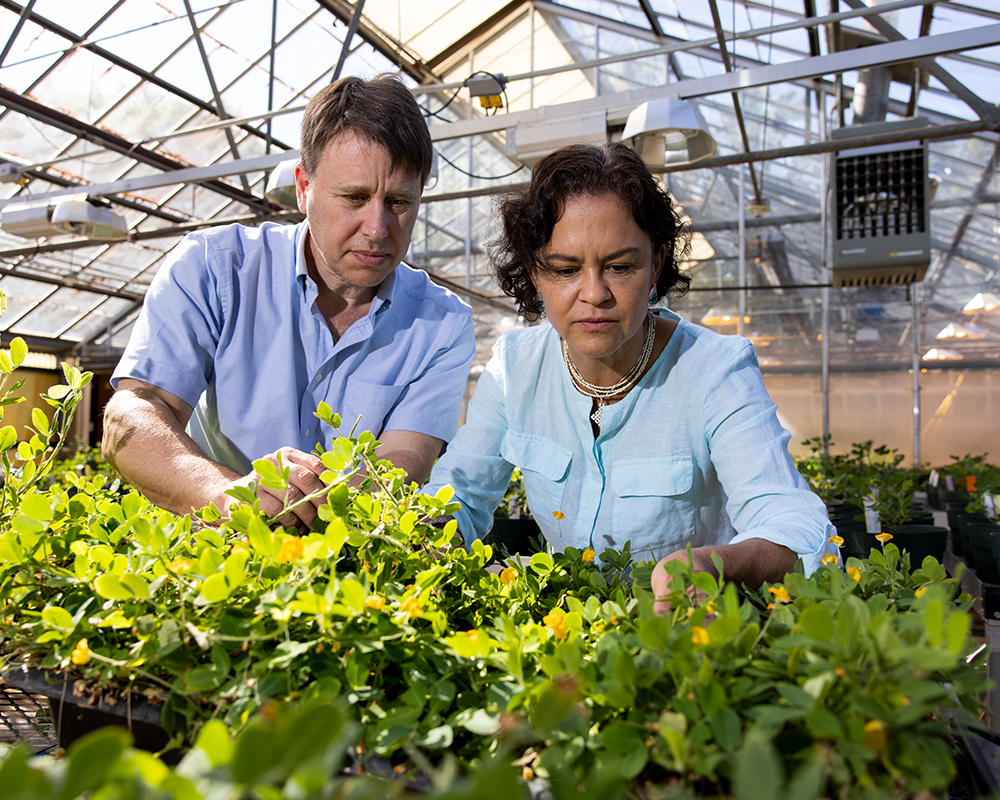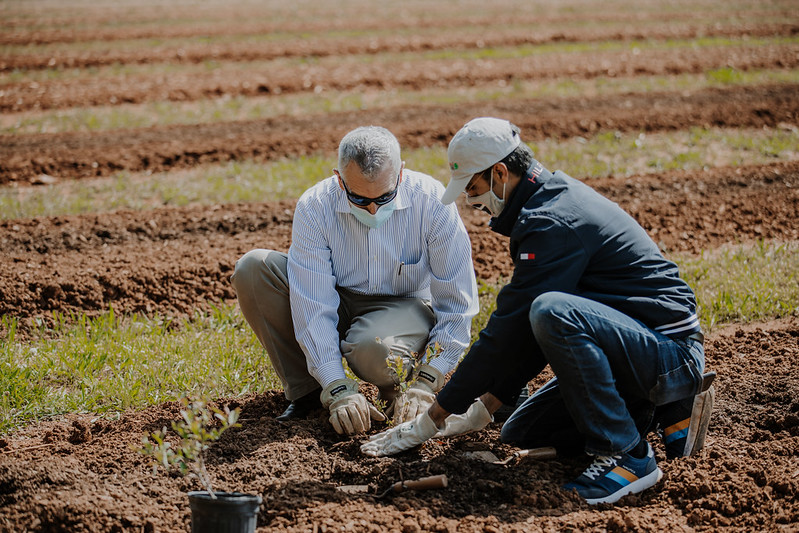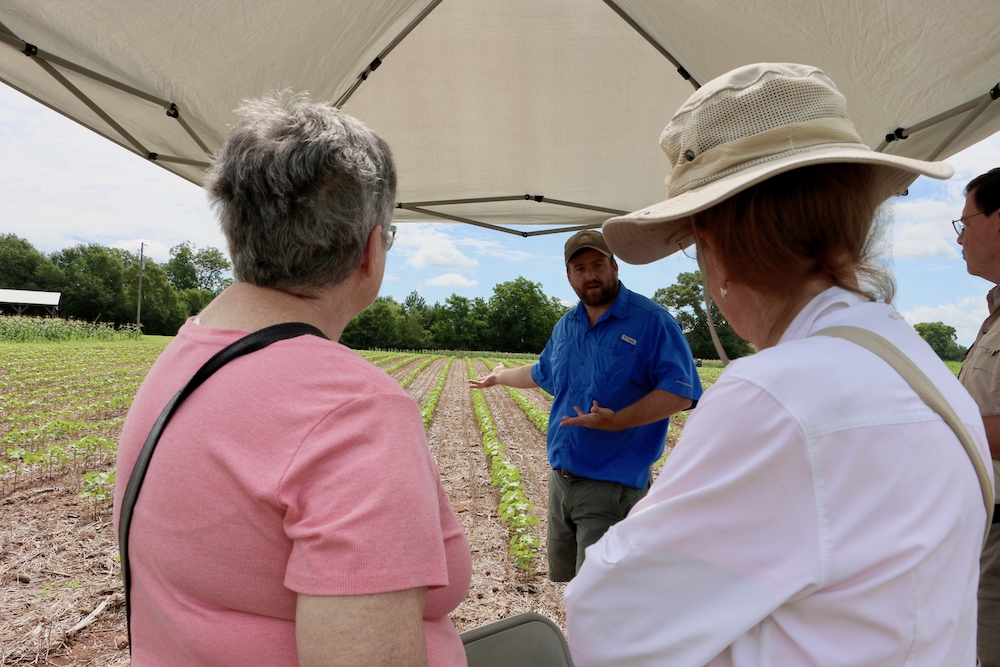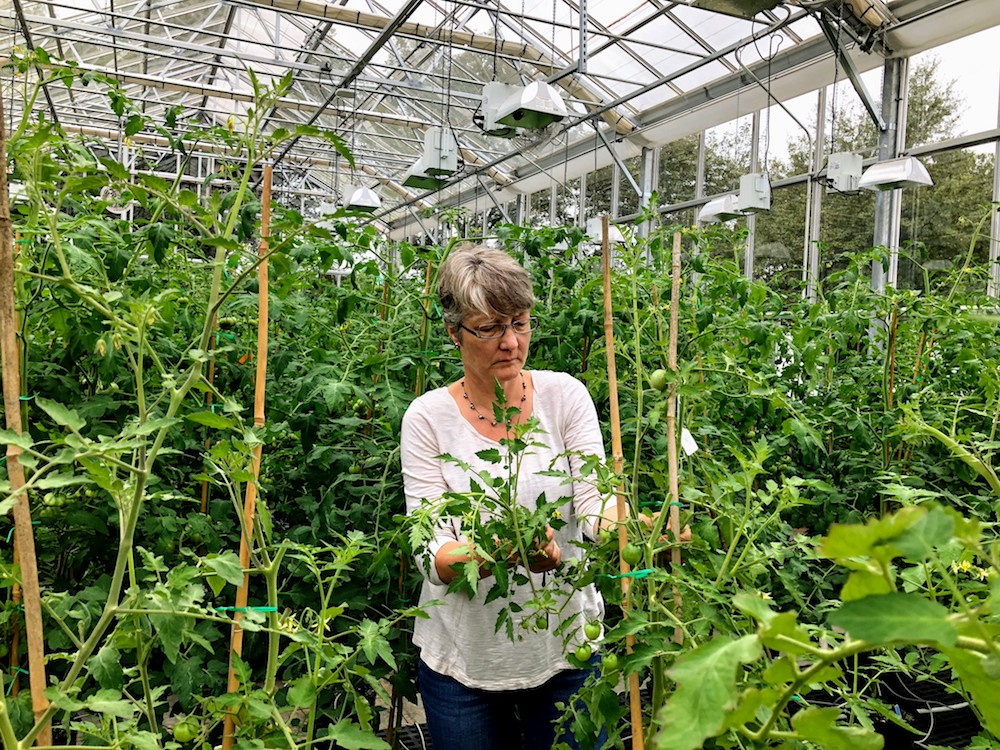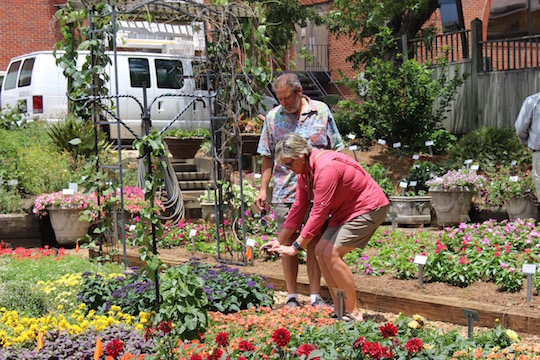 CAES News
CAES News
Home Turf
When the University of Georgia Bulldogs take the field against the University of Florida Gators for their annual football rivalry on Saturday, the teams will be playing in neutral territory at TIAA Bank Field in Jacksonville, Florida. But the grass they are playing on could be considered home turf for the Dawgs.


